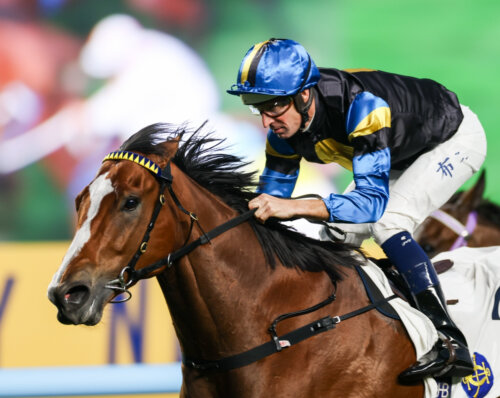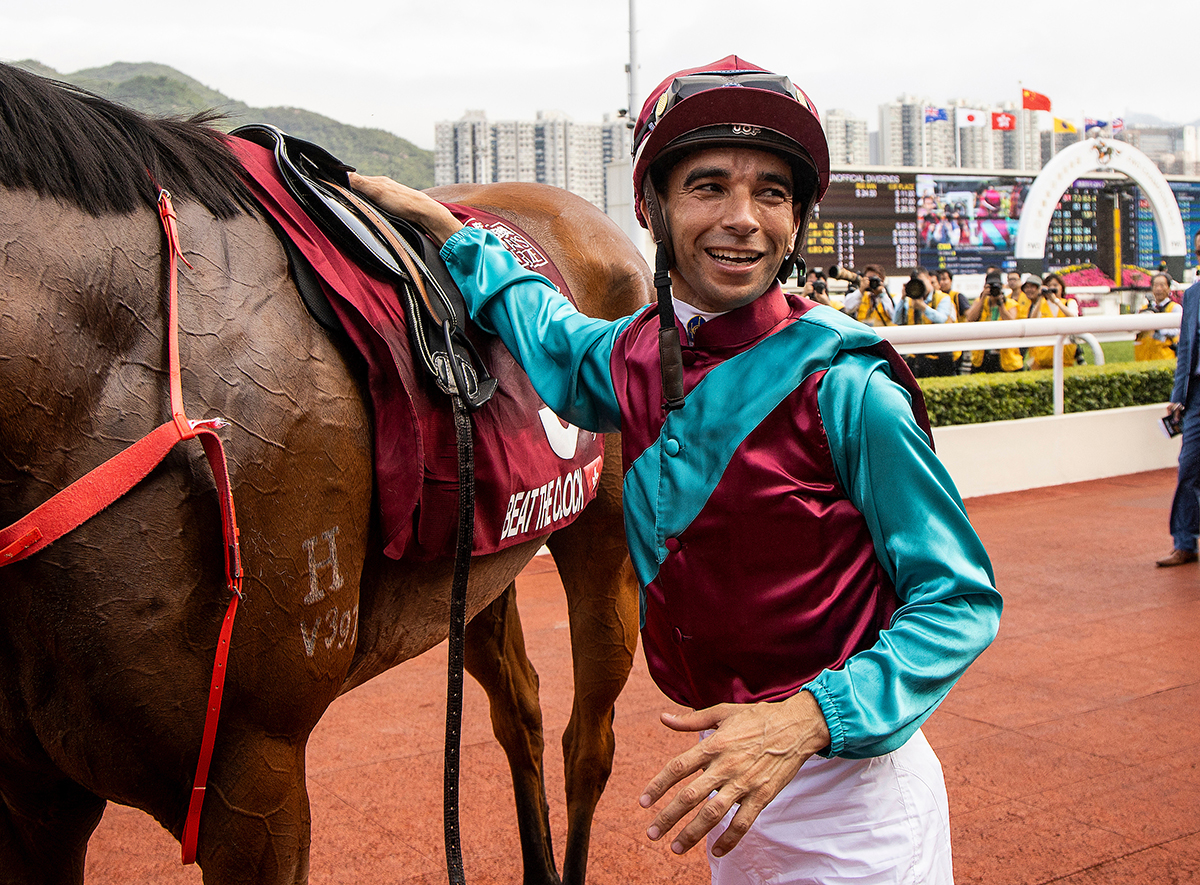“And Bonecrusher races into equine immortality.”
“A champion becomes a legend.”
“Chautauqua, he’s flying, can he do it? … Yes! There’s history!”
Ask any serious racing fan from Australia of a certain age, and some younger ones too, and they can name the race those lines of commentary were from (1986 Cox Plate, 2005 Melbourne Cup, 2017 T J Smith Stakes, for our international readers). The lines were delivered with such passion and the action so dramatic that the words bring images flooding back.
A great racecaller paints a picture with words. In this week’s Idol Horse profile of the Hong Kong Jockey Club’s Cantonese race caller Dee Liu, he describes the most important part of his job as more than just relating results and dividends.
“Calling for the gambling man is one thing – who won, the odds and all of that information – but there is this other angle that I had never thought of, calling for the person who can’t see,” he said.
Whatever the language, commentators form a crucial connection between fans and the action. But a racing caller’s purpose is maybe more central to the sport than any other commentary role.
Racing is complex, the action fast, and it is an archaic sport that is becoming harder to understand for each generation. The race caller is more than somebody that calls out names and numbers; the great callers contextualise, explain and educate – all while remaining accurate – and convey the raw emotion of the moments which make the sport so great.
Even at the level of betting turnover the experienced and accurate race caller may have a key role to play – even if the bean counters at the betting companies struggle to quantify it. An accurate caller who can read a race instills customer confidence.
All of which makes Sky Racing’s decision to suddenly axe three such high-profile callers in Australia last week so disappointing. Last week Australian callers Brett Davis, Josh Fleming and Colin McNiff were told on very short notice that their services were no longer required by the Tabcorp-owned media arm.
The moves were part of a wider cost-cutting push which included the departure of greyhound caller Matt Jackson and experienced oddsmaker Gerard Daffy.
Of course there will still be race calling, and the trio of callers will be replaced, but the decision speaks to a trend of having more races called from a central studio from a monitor, or “off the box”.
A high-profile race caller explained to Idol Horse this week the importance of live broadcasting.
“The most obvious thing that can’t be covered when a caller is not present is race falls,” he said. “What happens when a jockey falls or a horse is potentially injured? The camera won’t show an injured horse or jockey. If something happens and we are not present, then we are flying blind and the audience is left in the dark.”
Then there is also the matter of audience expectations in 2025 and the ability to provide instant, anonymous feedback via social media, something that has become a sport in itself.
“Getting rid of callers is a strange decision in an era when people are so quick to criticise and have the platform to do it,” the race caller who spoke to Idol Horse said.
Sending race callers to every one of Australia’s 360-plus racecourses is certainly an expensive exercise in such a vast country but the emotional reaction from fans this week speaks to the key role racecallers play in racing ∎





